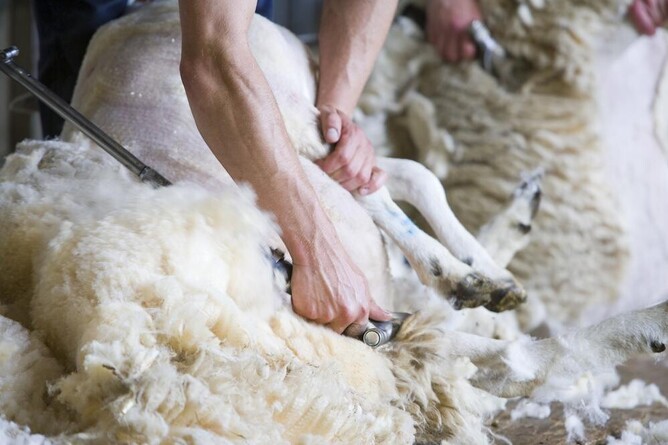Read some of our key takeaways on lice control in sheep from the 2022 New Zealand Veterinary Association conference.
Earlier this year, some of our vets attended the 2022 New Zealand Veterinary Association (NZVA) conference in Hamilton. One of the topics was louse control and below is a brief summary of some of the key points covered in controlling lice in sheep.
- Shearing removes 50-90% of lice from your sheep. While extending your shearing interval might make sense with the current wool prices, it is worth being prepared for an increase in the number of lice on your sheep.
- You will have to do some thorough mustering, as treating every sheep on the property at the same time is essential - even newborn lambs are lice ridden within 24 hours! If there are any untreated sheep left on the farm, avoid mixing them in with the treated flock.
- Ensure you follow the instructions on the label if using a saturation product. These will cover the volume required for a given wool length, the use of clean water and the need to mix the product on the same day you use it. It is worthwhile checking that the product is successfully saturating the wool on a few animals before continuing. We are much more likely to see a breakdown with the use of the product than with resistance itself.
- When using pour-ons, these are the most effective within 24 hours of shearing, as lice numbers will be at their lowest and the grease layer has been disrupted, enabling the product to spread effectively. It should be applied in an even line from head to rump and dosed according to the heaviest animal in the mob.
- If you do have to treat sheep with an emergency long-wool treatment, they should be retreated after shearing with a product which has a different mode of action.
- Like with worms, quarantine treating for lice is a great idea.
- Rotating between treatments with different modes of action is a good way to try and prevent resistance developing.
Lice control is going to look different on every property and with every farming system. If you’re thinking about how to control lice on your farm, give your KeyVet a call for more advice.
- Tayla Kingsbury

